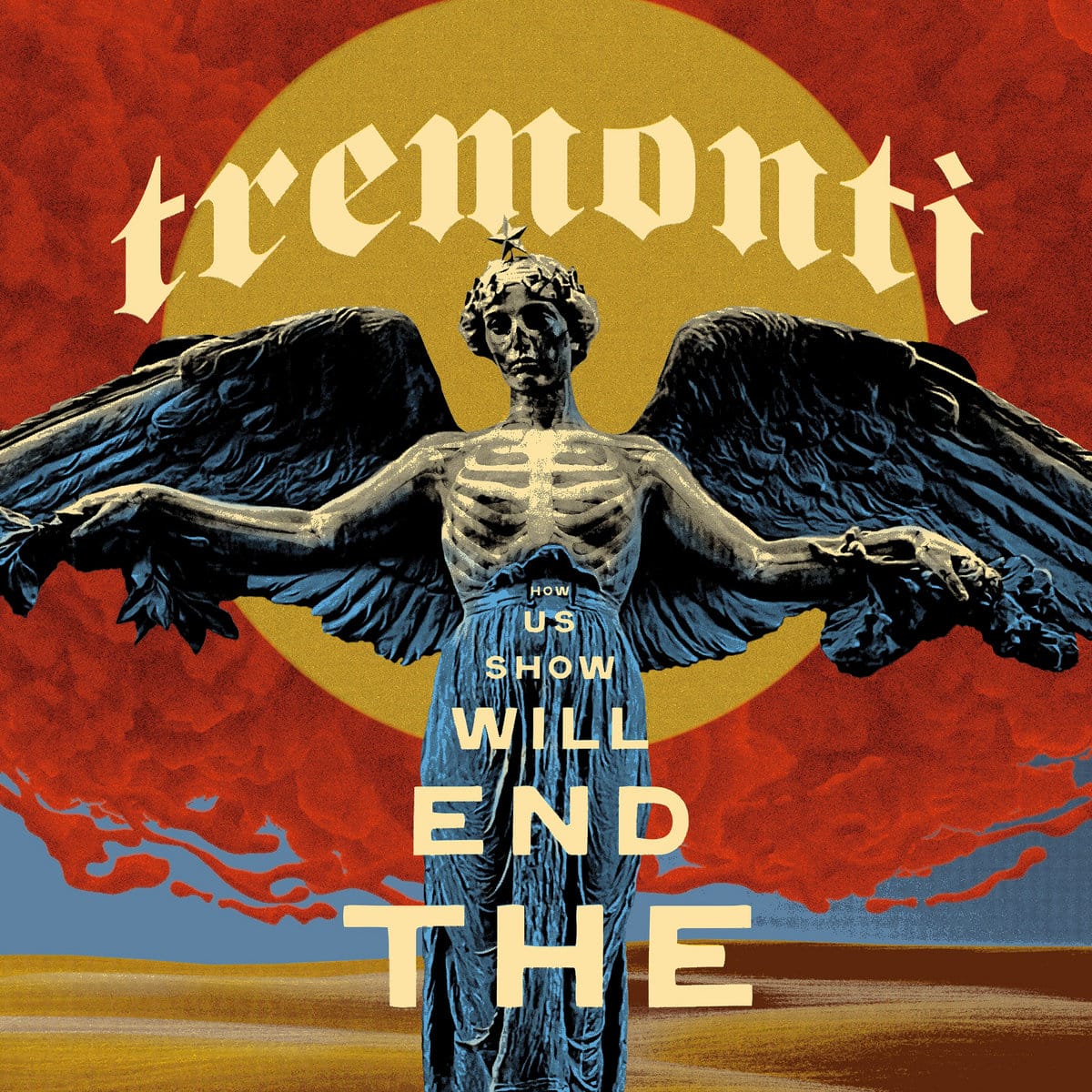In recent years, there’s been a recurring complaint among many music artists regarding streaming platforms like Apple Music or Spotify. The grievance is that these artists feel they’re not fairly compensated for the playback of their music on these platforms.
Currently, Spotify, the company with the highest number of global subscribers, pays artists approximately $0.003 – $0.005 per song played on its platform.
The European Union has recently proposed initiatives to legislate regulations on streaming music companies in favor of artists, but nothing concrete has been finalized yet. In the United States, the issue has barely been mentioned by any congressman, let alone progressed.
Reading about the EU’s proposed laws to regulate payments to artists makes me question if these regulations make sense and what their possible consequences might be.

As a staunch libertarian, I advocate for markets, including the music industry, to remain entirely free from government intervention. If policymakers were to impose laws forcing streaming music companies to compensate artists as they see fit, it would be a deliberate intervention in the music market.
One might argue that this wouldn’t be fair, but as we’ll see, it could also have negative consequences.
Why wouldn’t it be fair to legally regulate streaming music companies to compensate artists economically according to government decrees?
First of all, it wouldn’t be fair because it limits the entrepreneurs who created streaming music companies from reaping the rewards of their efforts.
Furthermore, we must consider the following: in general, no artist is under any obligation to place their music on these platforms. They do so voluntarily, so if they’re dissatisfied with the service and terms provided by these platforms, they’re free to withdraw their music and trade it differently, or independently. Direct sales or crowdfunding are some options.
From this perspective, streaming music companies are truly a service not only for consumers but also for artists. They could simply be seen as an opportunity that any artist can choose to exploit, or not, to distribute their music to a potentially massive audience.
This individual freedom is another reason why I wouldn’t find it fair to regulate these companies legally. Artists can freely choose not to participate and seek alternatives elsewhere. If enough artists choose to do so, streaming music companies will inevitably have to make certain changes on their own initiative to retain artists.
This is the market regulating itself, thanks to the individual decisions of each person, and it’s what normally happens in a market free from state intervention.
Furthermore, this promotes free competition. If it’s evident that some artists are dissatisfied with the current service, it incentivizes the emergence of new streaming music companies offering terms that these artists might find more favorable. We’re already hearing about the emergence of these new platforms, especially those based on Web3, which use blockchain technology.
This is very positive for artists, as the emergence of new companies expands their options for distributing their music and potentially improves the economic rewards they could receive. Moreover, the emergence of these new companies could be another way to motivate existing ones to modify their way of operating.
The freedom of the market, and of each artist, promotes such positive developments naturally, and they probably wouldn’t occur if laws were implemented to regulate streaming music companies. Now let’s see why.

As I mentioned, there could be negative consequences if legal regulations on artist payments are implemented. One of them is that by artificially forcing payment increases, the profits streaming music companies obtain would necessarily decrease. This could reach a point where it’s not enough economic incentive for their owners to continue operating these companies, leading them to decide to close them down. These legal regulations could even cause streaming music companies to become unprofitable, incur losses, and lead some to bankruptcy.
This doesn’t favor artists and is a loss for them, both in terms of opportunities for distributing their music and the payments they currently receive for plays. Additionally, we can assume that these regulations could discourage the creation of new streaming music companies since potential entrepreneurs would see a market landscape with legal regulations that they might consider unfavorable and decide it’s better to invest in something else.
Similar situations have already been seen in the past in countries with left-leaning governments, which strive to legally regulate all kinds of companies and economic sectors, defining, among other things, sales prices or labor wages, causing an increase in business costs, with negative consequences such as business closures or bankruptcies, in addition to discouraging investment. These are facts.
Due to the foregoing, I believe the most positive thing would be for everyone to be free, both streaming music companies by not submitting to legal regulations, as well as artists in deciding how and where to trade their music. Additionally, it would be opportune for artists who have complained about the current compensations offered by streaming companies to understand that freedom is the best way to influence the market and encourage the emergence of new alternatives.
On the other hand, we must be realistic. Streaming music services are what we have, and in fact, from an economic profit perspective, it’s an improvement over what was previously available. If we consider it, what reduced the profits that artists used to receive from their music, since the time of record sales, was online piracy through digital files, like mp3.
This situation proved unstoppable for the music industry, and the only thing that somewhat restored some semblance of income generation were streaming music platforms.

If the current streaming companies were to disappear without any viable similar alternative, what would happen, at least directly, would be a return to the era of mp3 piracy.
We could add that music consumers are already accustomed to the convenience offered by streaming platforms, and perhaps just for that reason, even if attempted, it couldn’t be reversed, as it wouldn’t be well accepted.
Therefore, it’s fine for artists to express their personal desires, as it conveys ideas to businessmen and entrepreneurs. It allows them to gauge the market situation. However, the best option is to keep moving forward, allowing the natural development of the market and technology, in freedom and without government interventions, letting artists, as well as music consumers, through their individual decisions, lead the direction of the music industry.






